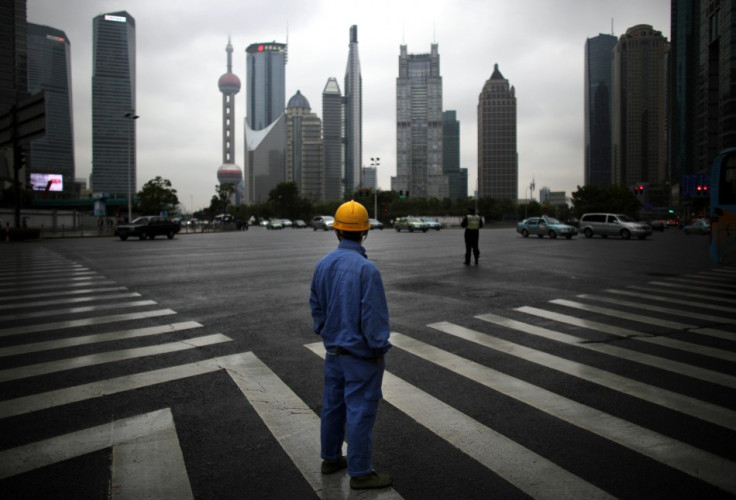HSBC and Standard Chartered to Open Branches in Shanghai Free Trade Zone

London-based banks HSBC and Standard Chartered and Hong Kong-based Bank of East Asia would be the first three foreign banks permitted to open branches in a proposed free trade zone in Shanghai, China's financial capital, according to a media report.
The proposed 29-square-kilometer zone would relax some restrictions for foreign banks in terms of their business scope, capital requirements and establishment of branches, reported China Briefing.
Shanghai's free trade zone would officially open on 29 September.
"Foreign banks are developing under a more stringent supervision environment and will be an important force to the development of the free trade zone," the news agency quoted Wang Xinkui, the Director of Shanghai's Counselor's Office, as saying.
The zone would provide the government an ideal testing ground to experiment with the opening-up of capital accounts, liberalised interest rates and the lifting of restrictions on foreign exchange quotas.
A draft plan for the zone listed several prospects for foreign firms in industries from banking to health insurance, reported Bloomberg.
The move to set up a free-trade zone comes as Beijing announced measures to reduce red tape countrywide and implemented a series of market reforms to boost economic growth, which is expected to hit a 23-year low this year.
However, analysts opined it would be several years before the Shanghai experiment yielded noteworthy results, reported the Wall Street Journal.
Building a Better Business Environment
Earlier in the year, China scrapped business and value-added taxes for six million small businesses, cut red tape for importers and exporters, simplified foreign exchange rules for the services industry and allowed small companies to issue more bonds.
The country's central bank pledged to improve the financial environment to make it easier for small businesses to access funds.
The moves follow Chinese Premier Li Keqiang's promise in March, as he began his term, to tackle bureaucracy and cut red tape in the world's second largest economy. Li vowed to provide a more level playing field for private enterprise and give markets a bigger role, all in a bid to boost sluggish economic growth.
© Copyright IBTimes 2024. All rights reserved.






